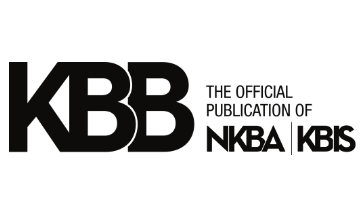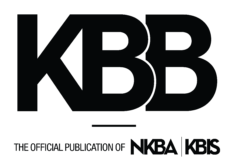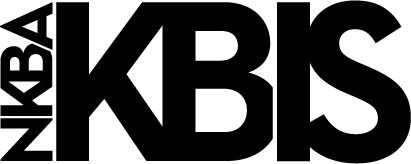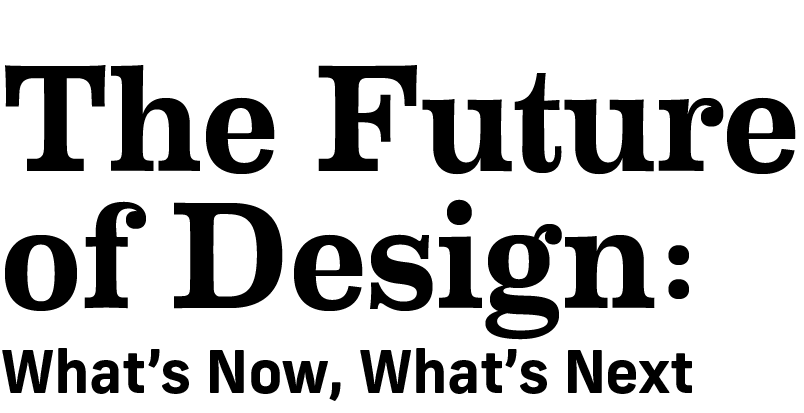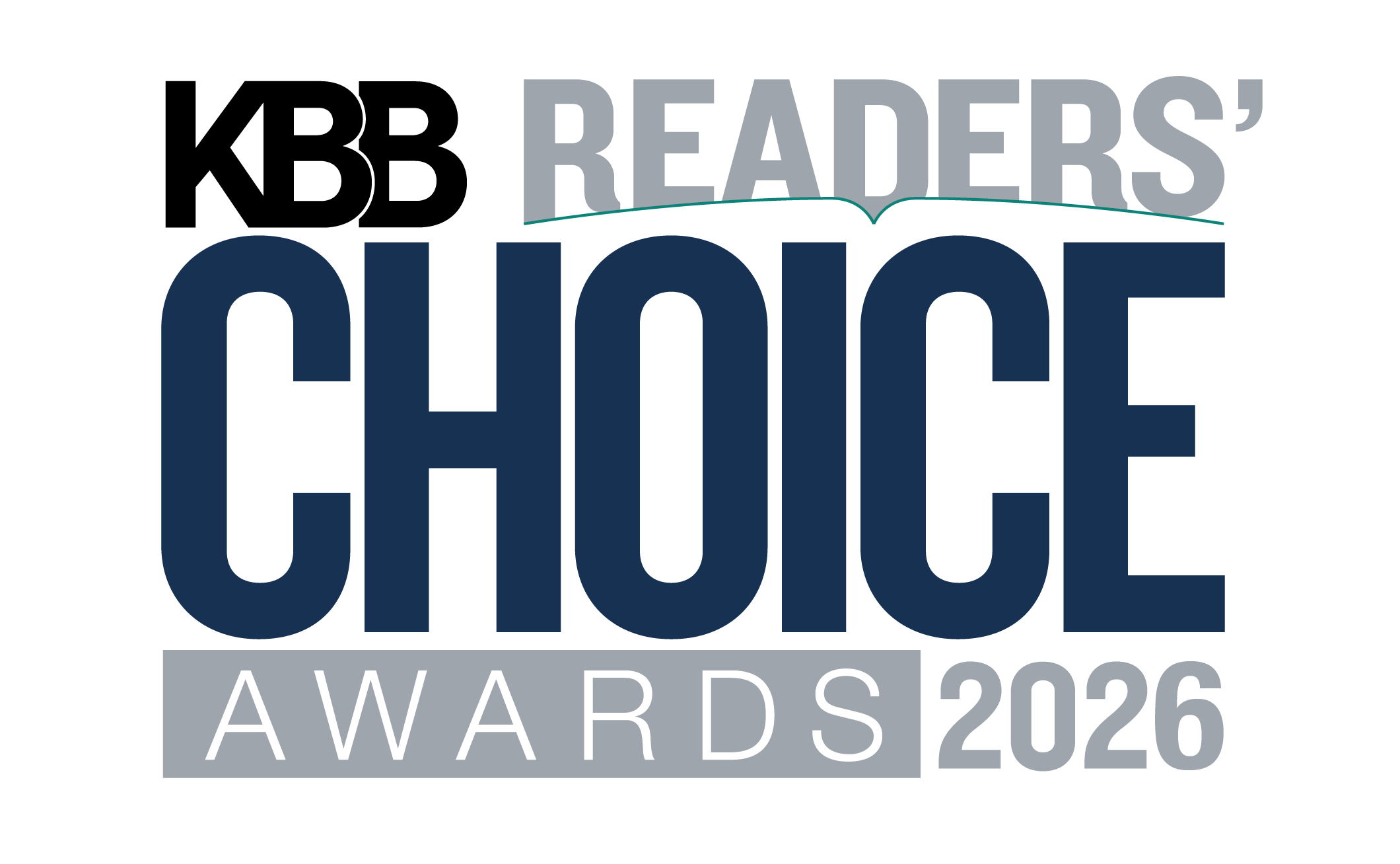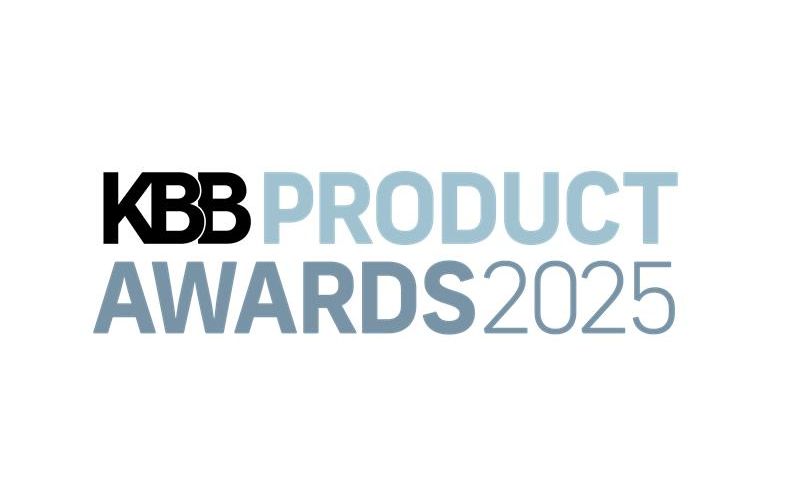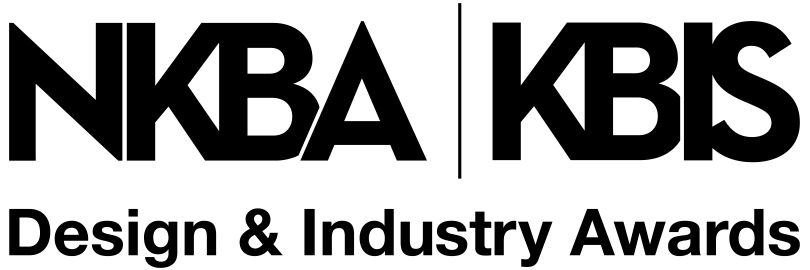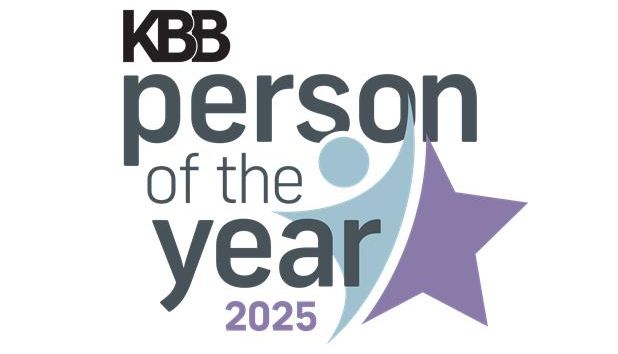Working with luxury clients can help your firm build prestige, a strong portfolio (and potentially opportunities in new business, public speaking, and even PR) and, oftentimes, a larger, more profitable business. As you look to expand, it is important to consider key factors to strengthen your opportunities in the luxury market.
To begin, you need to identify the client you are trying to attract. This is not a one-size-fits-all step. You need to consider what you qualify as a luxury client, which could be anything from project’s scope, budgeting and spend or even the location of their residence; if we’re interfacing with high-net-worth clients, they have several residences in the country and even internationally.
Bear in mind that you need to operate in an area where the client you want to attract is precisely based. It is imperative to understand what the average spend and demographics of that client is and to confirm that your skills and services fall within that standard. As with any client, you need to be a match for each other and thoroughly speak through their goals and ideas of the spaces you’re designing – and transparency is key. Once you’ve established your criteria for what a luxury client is, it’s important to keep in mind these three details.
Luxury Is Not Just One Thing
Each client is unique, and what they see as a luxury is what we focus on, which often means a project is completely customized. The phrase “Just Good Enough” is out the window; it is all about customization for this client, which could be different from the job you just finished and loved…and that’s okay. For one luxury client, that may be including wellness-centric and spa-like features to unwind after a stressful day like aromatherapy and essential oils. For another, it may be surround-sound speakers with state-of-the-art technology, so they are able to listen to a podcast in peace before work – and a bonus are the heated floors and towel rack.
Experience Is Everything
A luxury client expects an enhanced experience, high-caliber touches, modern styling and curated finishes, which are then tailored to their specific needs. It also means that communication needs to be extremely clear and often, quick – options, deadlines, materials and shipping delays all need to be shared. Especially with the current supply-chain issues affecting the U.S. and abroad, it is essential to communicate what is possible (and how), what something entails and what would be a better solution.
A higher-tiered budget often allows for more creative opportunities in selecting the highest-quality materials from bold-faced brands and vendors, so it’s important to explore all requests (and subsequent revisions) with grace. While you are the expert, they are the client, and each job is unique. It is also crucial to communicate even after the project is finished in case anything arises that should be addressed the same day. This builds trust and shows your commitment to integrity.
Everything is through word of mouth these days, and referrals are so crucial, which can spread like wildfire. If a client has a more-than-stellar experience with your company, they will recommend you to other people in their circle of influence – most often in the same neighborhood.
The Importance of Photography
As much as clients “talk,” a portfolio of your past work speaks for itself. You may be able to talk about your past projects, but it’s nothing if you can’t show them. Well-photographed projects will help attract clients and display your work across your website, social media channels and even published press. The industry is extremely competitive, and your work is your calling card, so do invest in high-quality, magazine-style photography – particularly highlighting your company’s unique and custom work with finishes, textures, brands and beyond.
Luxury clients – like any client – expect the same things from you as their design professional. Remember, you are a big part of the experience, and making your clients feel completely comfortable and their voice heard is as important as the work you do.
Joseph A. Tsedaka is principal at NÖMI, a bathroom remodeling firm serving Dallas, Fort Worth and Austin.
